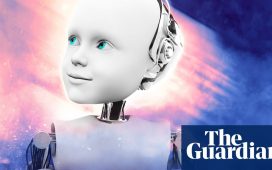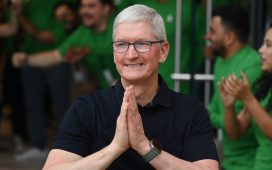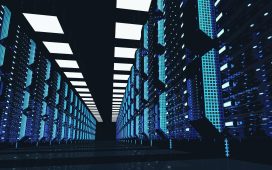Why it matters: For all his outlandish remarks, it would be easy to dismiss Musk’s takeover of Twitter as a way to secure a megaphone for expressing his views to a wide audience. However, the Tesla and SpaceX CEO may have good intentions after all, even if only to appease regulators who are looking into the Twitter acquisition.
Elon Musk is known for his controversial takes posted on Twitter, but the Tesla billionaire recently made a statement that clarifies his intentions with the social media platform he’s trying to acquire for a whopping $44 billion.
This week, Musk appeared in a video alongside European Commissioner Thierry Breton where he expressed his support for things such as the EU’s Digital Services Act (DSA). With the DSA, European regulators will soon force tech giants to moderate the content posted on their platforms more aggressively to combat disinformation and prevent personal harm to individual users.
In the video, Musk said he believes the DSA is “exactly aligned” with the future goals of Twitter as a social platform. This suggests his previous outlandish remarks about being a “free speech absolutist” or relaxing Twitter’s already lax moderation policies may have little to do with the actual plans he has for making it a better space for public conversation.
Today @elonmusk and I wanted to share a quick message with you on platform regulation 🇪🇺#DSA pic.twitter.com/nvP5FEXECY
— Thierry Breton (@ThierryBreton) May 9, 2022
The latest statement confirms that Musk’s idea of free speech on Twitter merely matches the legislation of the countries in which it operates, regardless of how permissive that legislation is. He recently noted that if people in a given country wish to have less free speech, they can ask their government to pass laws to that effect.
What is becoming more clear as time goes on is that some of Musk’s suggested improvements for Twitter do bear some similarities with the DSA. For instance, the preliminary draft of the DSA suggests tech giants operating in the EU will have to exercise more transparency around the way their algorithms serve content to users. This aligns with Musk’s plan to open-source Twitter’s algorithm, but we’ll have to wait and see whether or not that will materialize in the near future.
Another area of interest for both the DSA and the Musk-powered Twitter is to “authenticate all humans” on the platform. This poses the risk of leaving some users who wish to stay anonymous for obvious reasons exposed to threats of violence and punishment by death in several countries. However, it may also reduce the number of bots and fake accounts, something that’s been the Achilles heel of social media for a while now.
Suffice to say that while Musk seems willing to please governments around the world, it’s not yet clear how he plans to achieve that with a global social network. Content posted by users from one country is usually available to people around the world. Conversely, if one piece of content is subject to specific moderation policies in one country, that may affect what people in other countries see, potentially distorting the image they see.
Today, Twitter announced the first change to the way it operates with something it calls the “Copypasta and duplicate content policy.” This will supposedly promote healthy conversation and combat spam and duplicate content from flooding the platform. Automated accounts posting spam will be subject for removal, while duplicative content will be downranked in replies and even removed from email recommendations.









